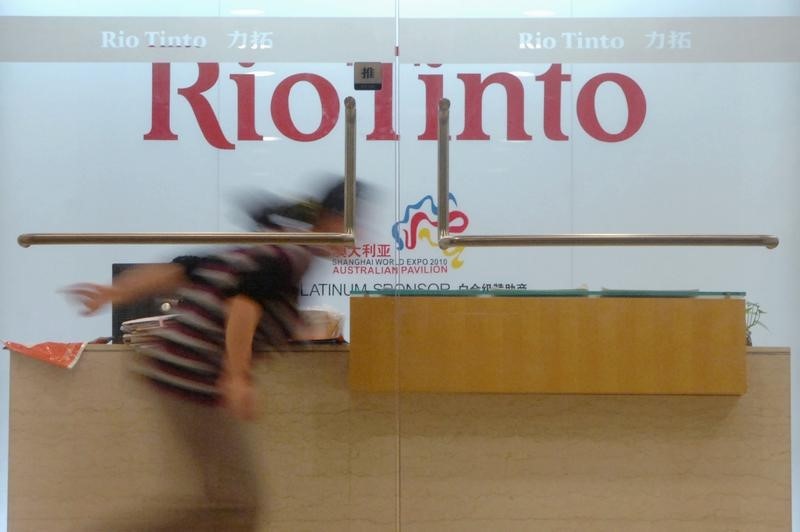Rio Tinto Ltd. (ASX: ASX:RIO), a major mining entity, made a substantial AU$700-million investment in a 50% stake of Brampton-based Matalco Inc., emphasizing the pivotal role this acquisition plays in its future endeavors. Jakob Stausholm, the company's CEO, underlines the strategic importance of this move, positioning it as a crucial step in filling a substantial gap in the company's business portfolio.
The purchase aims to augment Rio's existing range of products, focusing on the lowest carbon-contained primary aluminum globally. Stausholm highlights the significance of adding a recycled product to their repertoire, emphasizing the anticipated surge in demand for secondary aluminum over primary aluminum in the foreseeable future. With a global shift toward cleaner energy sources, metals such as aluminum, lithium, and copper will play increasingly vital roles.
Despite the anticipation for the market's transition towards recycled metals by 2030 and its projected significance by 2040, the current industry has not widely embraced this change. However, Rio anticipates a substantial surge, particularly in the United States, expecting a 70% increase in demand for recycled aluminum between 2022 and 2032, primarily from the transportation, construction, and packaging sectors.
Beyond business prospects, embracing recycled metals aligns with Rio's commitment to reducing its overall carbon footprint. While primary aluminum holds significance in renewable energy devices, producing secondary aluminum is a more energy-efficient process. However, the quality of recycled material might experience some degradation, indicating the necessity for a balanced approach leveraging both primary and recycled materials.
Rio acknowledges that managing a recycling business falls outside its core expertise, leading to a strategic partnership with Matalco, leveraging each other's strengths. Matalco, entrusted with operating the joint-venture's recycling facilities, collaborates with Rio, utilizing its extensive customer base for product marketing.
Although entering the recycling sector might seem straightforward for mining companies, such ventures pose distinct risks. Kunal Sinha, Glencore (LON:GLEN) PLC's head of recycling, underscores the intricacies involved in urban mining, extracting metals from electronic waste, highlighting the unpredictability and risks associated with this process.
Glencore, with extensive experience in the recycling sector, relies on partnerships to manage different steps of the recycling process. The company primarily focuses on metallurgical transformation, leaving other stages to specialized partners. This partnership model offers confidence to suppliers, ensuring a steady supply chain, a feature often challenging to achieve independently.
While Rio's investment and Glencore's involvement in recycling underscore the sector's potential, Barrick Gold Corp. remains cautious. Barrick's CEO, Mark Bristow, prioritizes developing new copper projects over entering the recycling sector. He emphasizes the uncertainty surrounding future metals used in automotive applications and the need for significant technological advancements.
Conversely, Sinha predicts a significant surge in lithium-ion battery manufacturing scrap over the next decade. With battery plant startups and the subsequent stabilization phase, the recycling industry anticipates an abundant supply of scrap, shaping the industry landscape for the coming years.
Rio's venture into recycling reflects a transformative shift in the mining industry, accentuating the complexities and opportunities present in the evolving metals market.
